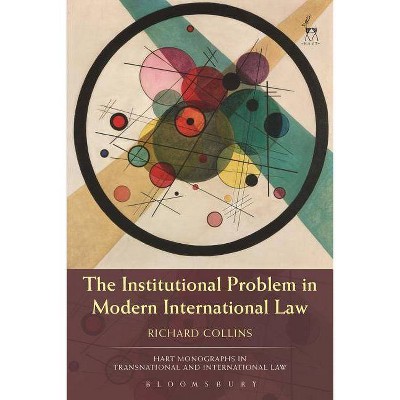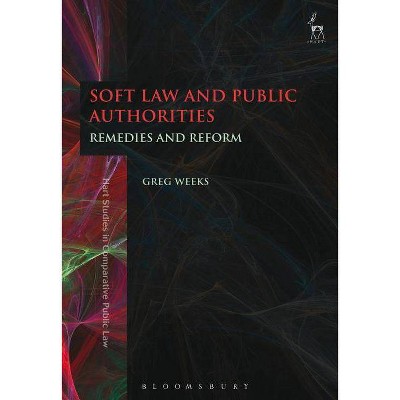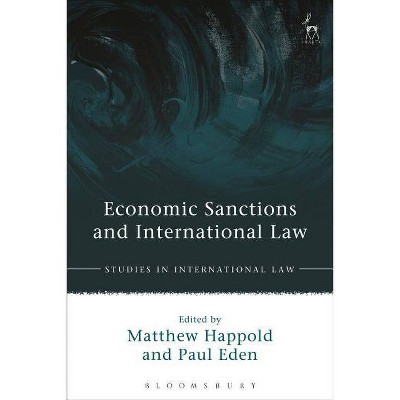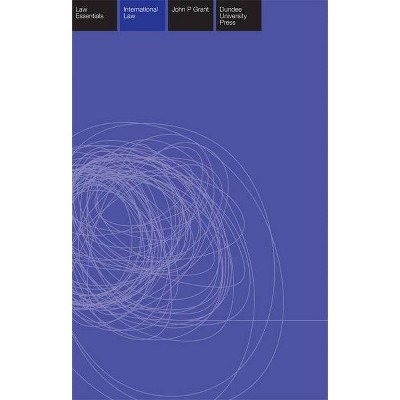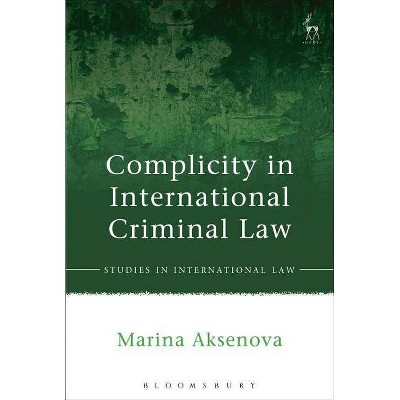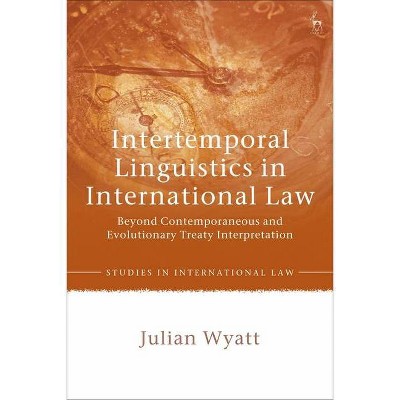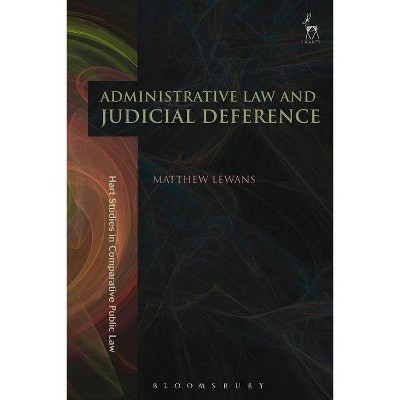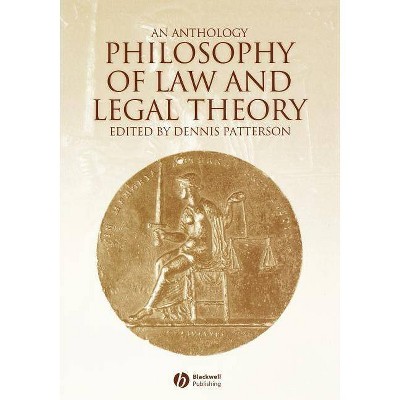An Evolutionary Paradigm for International Law - (Philosophy, Public Policy, and Transnational Law) by J Gillroy (Paperback)
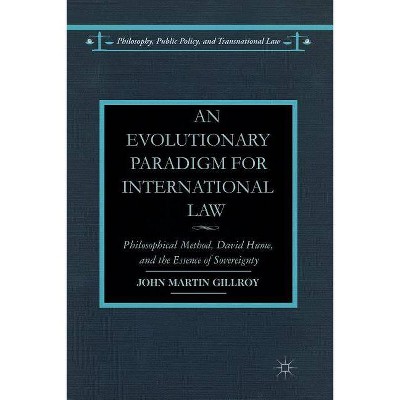
Similar Products
Products of same category from the store
AllProduct info
<p/><br></br><p><b> About the Book </b></p></br></br>"This book conceptualizes international law as an expression of practical reason, focusing on the genesis of modern international law in the essence of the concept of sovereignty. Utilizing the philosophical method of R.G. Collingwood, the essence of sovereignty is sought in a dialectical model drawn from the philosophy of David Hume. John Martin Gillroy transcends conventional social scientific method, political theory, and its understanding of global governance to make the study of the philosophical underpinnings of international law accessible, grounded, and practical. This book provides analytic tools for understanding globalization, international legal thought, legal theory, and political philosophy, offering engaging insights on a complex field of study. It outlines the first of three arguments describing the evolution of international law as a manifestation of practical reason through an application of philosophical method to the source, locus, and scope of the concept of sovereignty. It moves from a dialectic balance favoring utility, to a balance dominated by legal right, and finally to a dialectic of duty to humanity and nature. "--<p/><br></br><p><b> Book Synopsis </b></p></br></br>The book transcends conventional social scientific method, political theory and its understanding of global governance to make the study of the philosophical essence of the international legal system fully accessible.<p/><br></br><p><b> Review Quotes </b></p></br></br><br><p>"John Martin Gillroy is a pioneer in a new and important field in the study of international society and international law. He is undertaking a long overdue reconciling of general philosophy with thinking about the conceptual foundations of international politics and law and institutions. In An Evolutionary Paradigm for International Law he turns to David Hume, one of the great inspirational sources of modern philosophy, and develops an ingenious extension of Hume's ideas on the nature of law and society to help us to understand international phenomena in a new and creative way. A rapidly emerging international society is in urgent need of such ideas." Philip Allott, Professor Emeritus of International Public Law, Cambridge University, UK</p> <p>"In An Evolutionary Paradigm for International Law, John Martin Gillroy draws on the philosophy of Hume to illuminate the substructure of international law and the essence of sovereignty. He reassesses basic assumptions about the state, the sources of international law and the structure of the international legal system and advances an evolutionary paradigm for international law, aiming to provide a fuller and more systematic explanation than traditional positivist models." James R. Crawford, Whewell Professor of International Law, University of Cambridge, UK</p><br><p/><br></br><p><b> About the Author </b></p></br></br><p>John Gillroy is Professor of International Relations and Public International Law and Founding Director of the Environmental Policy Design Programs at Lehigh University, USA.</p>
Price History
Price Archive shows prices from various stores, lets you see history and find the cheapest. There is no actual sale on the website. For all support, inquiry and suggestion messagescommunication@pricearchive.us
